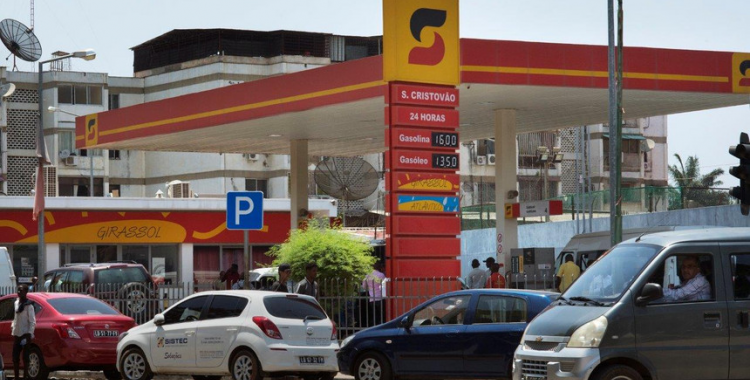"The main political risk in 2023 comes from the gradual withdrawal of fuel subsidies, given that the planned withdrawal of subsidies will increase the price for consumers and influence the purchasing power of families, probably triggering protests", write the analysts of this owned consultancy by the same owners of the financial rating agency Fitch Ratings.
In the analysis of Angola's political risk, sent to investors and to which Lusa had access, Fitch Solutions points out, however, that "there are no visible risks of the protests being widespread to the point of threatening the Government" of President João Lourenço.
Angola received a score of 67.3 out of 100, with the lower the risk.
"The Government will maintain its reform agenda, which focuses on privatization and diversification of the economy, in addition to reducing corruption", add the analysts.
Angola is one of the largest oil producers in sub-Saharan Africa, but imports most of the fuel it consumes due to the lack of refining capacity in the country.
"From January, the Government intends to start reducing fuel subsidies, with the 2023 budget indicating that the cuts will be 36.7 percent, to 964.3 billion kwanzas, which we believe will be done mainly in cuts to fuel subsidies", the report reads.
The rise in prices "will probably create fertile ground for protests, especially among the young population", but the consultant does not foresee that the protests will become generalized and threaten the government, pointing to three reasons: "the gradual nature of the cuts, the modest depreciation kwanza and increased spending on social transfers to mitigate the impact of rising fuel prices, which will help limit social unrest".
The withdrawal of fuel subsidies was one of the measures most advocated by the International Monetary Fund (IMF) during the last financial adjustment programme, worth more than five billion dollars.
Angola is the fourth country in the world where it is cheaper to fill a fuel tank. While in Europe - and in Portugal, in particular - motorists opt for utility vehicles and take fuel consumption into account at the time of purchase, in Angola, a country endowed with a car park where robust jeeps and 'pickups' abound, this does not seems to be a concern, since it is almost always cheaper to "drink" the car than quench thirst.
While the average price of 1.5 liters of bottled water is around 180 kwanzas, a liter of gasoline costs 160 kwanzas, that is, five times less than in Portugal, according to the Global Petrol Prices website, with data updated this month.
Angola shares with Nigeria the status of the largest oil producer in Africa, but imports a large part of the fuel it consumes, with only one refinery in operation (in Luanda) and three others in the design or construction phase (Soyo, Lobito and Cabinda).
In the first quarter of 2022 alone, the Government subsidized 339.7 billion kwanzas in fuel distributed across the country.
The Minister of Finance admitted, last December, that the country is negotiating with international partners the appropriate compensation for the removal of state subsidies on fuel prices, a political decision that has not yet been taken.
According to Vera Daves, Angola is analyzing with the IMF and the World Bank the "possible" measures to mitigate the social impact, because the "concerns remain" regarding the potential social impact of the removal of fuel subsidies, which have a price very low and which does not reflect the fluctuation of the international market.







